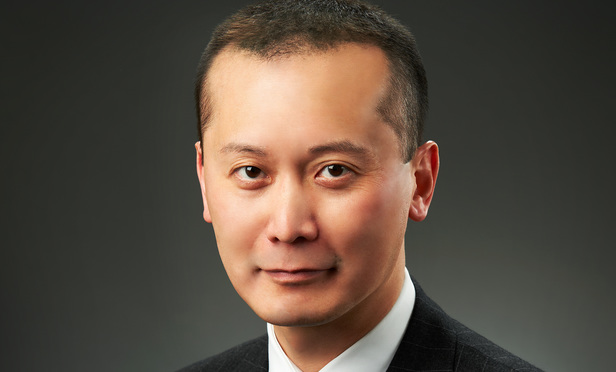Millennials—generally defined as the generation born between 1981-1997—have defined themselves as a distinct population that has different expectations in the workplace. As millennials currently represent the largest segment of the workforce, at nearly three times the size of the preceding generation, it is incumbent upon seasoned professionals to ensure to acclimate millennials to our workplaces. We are all familiar with the stereotypes of millennials—that their work ethic is lacking, or that an “everybody gets a trophy” mentality has left them unprepared for the workforce. Yet these stereotypes have been consistently debunked by the accomplishments of young people across our profession (see, e.g., Lauren Stiller Rikleen, “How the ‘Millennial’ Generation Works,” The American Bar Association).
The decision-makers at many law firms, who tend to be older, white and male (and who may have spent their entire career at just one or two firms), can appear out-of-step with millennial employees and clients and be less responsive to their needs and motivations. How our profession adapts to millennial employees and clients is one of the largest challenges we face in the coming years.



